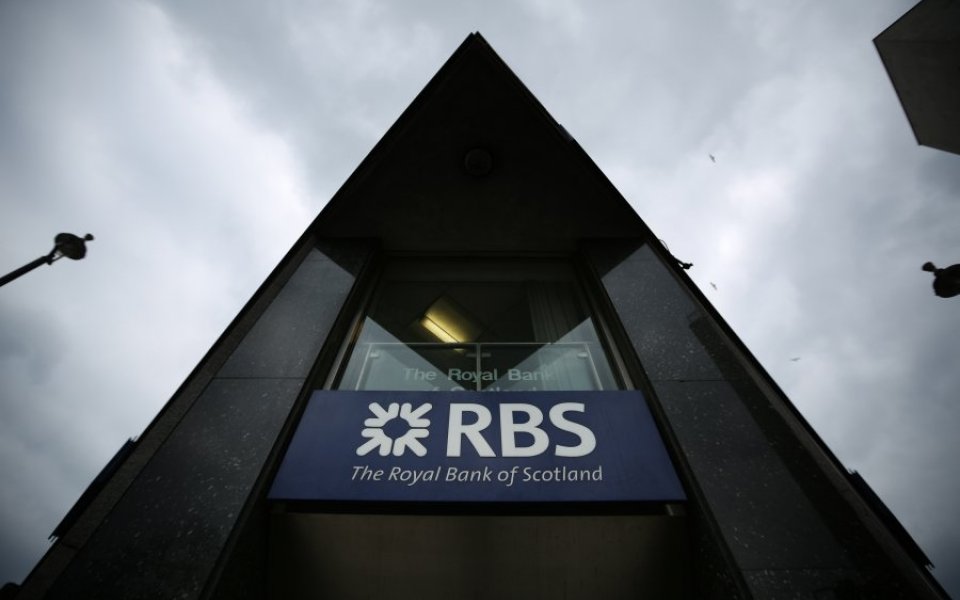RBS share price plummets as litigation costs mount for RBS – but losses narrow

Royal Bank of Scotland Group (RBS) shares plummeted 10.5 per cent to 218.3p as markets opened, despite losses narrowing to just under £2bn last year. Still, it's its eighth straight year of losses.
The figures
RBS said its loss attributable to ordinary shareholders hit £1.98bn last year, down from £3.47bn in 2014.
Total income fell to £12.92bn, from £15.15bn last year, while pre-tax profits fell from £2.64bn last year to a loss of £2.7bn in 2015.
The bank said it had been hit by higher restructuring costs of £2.93bn, up from £1.54bn last year, and a jump in litigation costs, which rose from £2.19bn in 2014 to £3.57bn in 2015. Ouch.
The good news for RBS' few non-government investors was its plan to sell a dividend access share worth £1.2bn.
[stockChart code="RBS" date="2016-02-26 11:07"]
Why it's interesting
Eight years of losses have clearly taken their toll on the bank's investors – with shares plummeting this morning. And like other lenders, RBS has been hit in recent weeks by a huge selloff in the banking sector. Shares have fallen 19 per cent, to 244p.
That caused George Osborne to delay a planned sale of RBS's taxpayer-owned compadre, Lloyds – and while he didn't say as much, expectations are that any sale of RBS, which was looking increasingly likely, may also have been delayed. The Treasury started selling off its shares in July, releasing a £2.1bn stake and cutting its share of the bank from 81 per cent to 73 per cent.
The bank said it will also retire the so-called dividend access share, a mechanism put in place by the government during its 2008 bailout which prevented it from paying a dividend until regulators were happy with its strength. RBS said it will pay £1.18bn plus interest on the share during the first half of 2016.
"This thereby effects the conversion of DAS into a single ordinary share… [removing] a constraint on the resumption of capital distributions," it said.
What RBS said
Chief executive Ross McEwan said:
The UK government's decision to start disposing of its majority stake in RBS during 2015 was a significant step forward, and underlined the progress we have made over the last two years.
We have previously said that we are in phase two of our plan, working through as many of the remaining conduct and restructuring issues as we can. This is a tough but important part of our plan and we are determined to get through it as quickly as possible.
We will then move to the third phase as a strong, simple and fair bank that delivers solidly on the needs of its customers and shareholders.
What analysts said
Laith Khalaf, senior analyst at Hargreaves Lansdown, said:
RBS is the Jekyll and Hyde of the UK banking sector, and the moment it’s hard to see who is in control. On the one hand the bank is downsizing, de-risking and cost cutting, while at the same time conduct charges are playing havoc with overall profitability. There’s a really strong UK retail bank in RBS trying to get out, but its results are still dominated by the litigation and restructuring costs that stem from its former days at the vanguard of casino capitalism.
In short
Another year, another loss – but plans to retire the dividend access share suggest things may finally be getting back to normal for RBS.